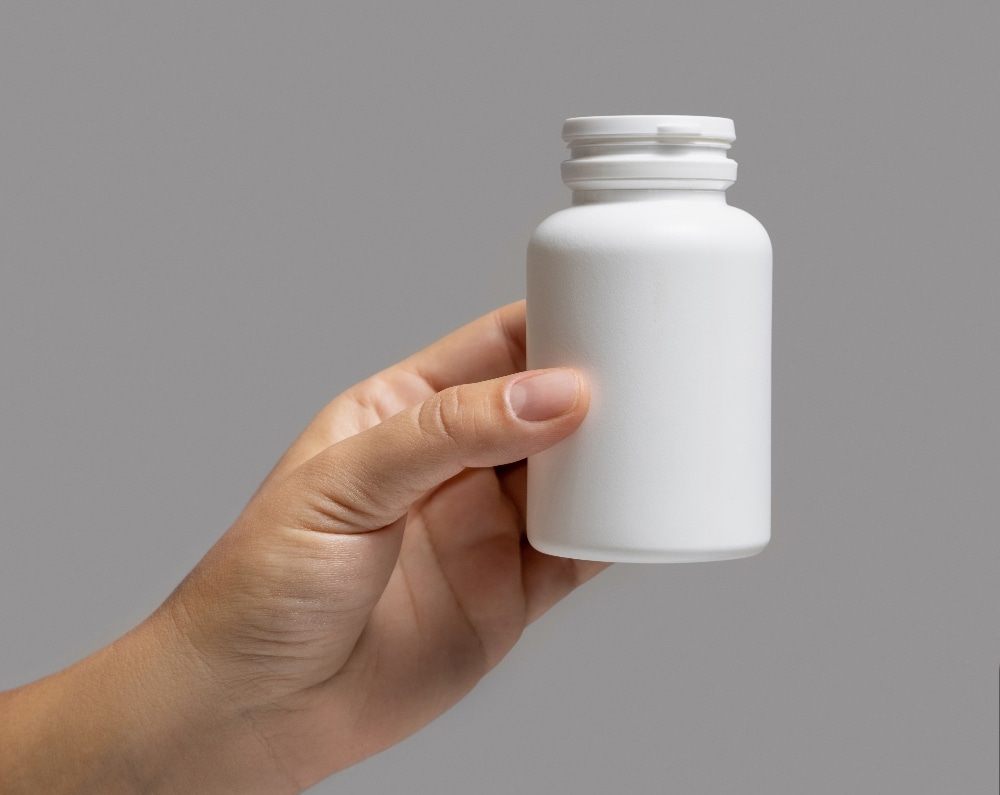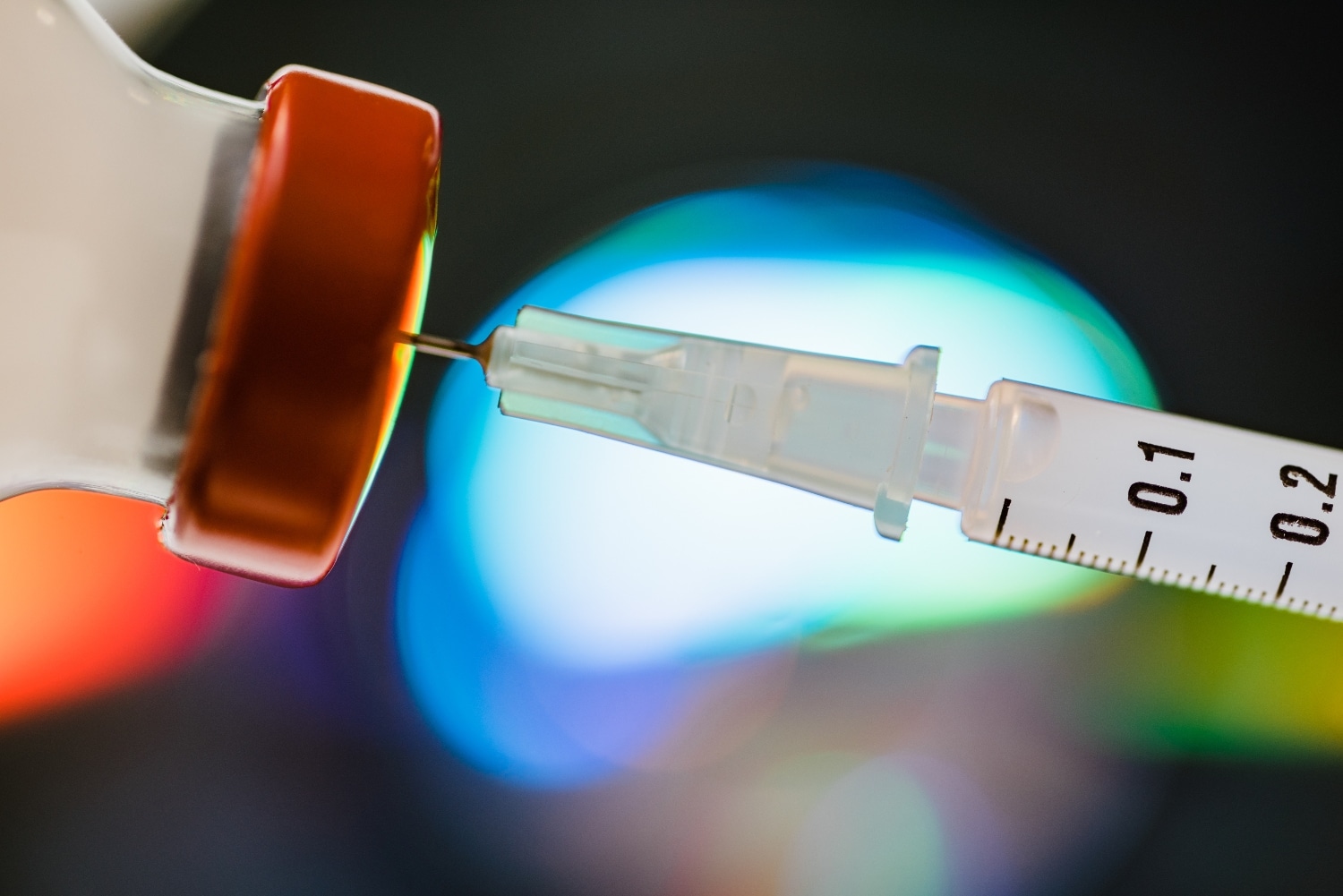Adderall, a prescription stimulant widely used to treat Attention Deficit Hyperactivity Disorder (ADHD) and narcolepsy, has significant potential for misuse and addiction. Originally intended to help individuals manage their symptoms by enhancing focus and alertness, Adderall’s capabilities extend into risky territory when used outside medical guidance. If you or someone you know is struggling with Adderall abuse, it’s crucial to seek professional help. No Matter What Recovery offers specialized treatment programs that are designed to support individuals through every step of their recovery journey, from detox to aftercare.
What is Adderall?
Composition and Medical Use
Adderall is composed of a mixture of amphetamine and dextroamphetamine, which are central nervous system stimulants. These compounds increase neurotransmitter activity in the brain, leading to greater concentration, decreased fatigue, and suppressed appetite. This medication is critical for those diagnosed with ADHD, as it helps balance neurotransmitter levels, resulting in improved focus and impulse control.
Potential for Abuse
The potential for abuse arises from Adderall’s ability to increase energy and productivity, making it attractive not only to those with a medical diagnosis but also to students, professionals, and athletes seeking enhanced performance. This potential misuse can lead to serious psychological and physical dependence, often escalating without the supervision of a healthcare provider.
Identifying Adderall Abuse
Signs and Symptoms
Identifying Adderall abuse requires vigilance for signs that surpass normal usage. Key behavioral signs include an increase in dosage without medical guidance, using the medication more frequently than prescribed, or a preoccupation with obtaining and using the drug. Physical symptoms might include excessive weight loss due to reduced appetite, unusual excitability, excessive talkativeness, and decreased need for sleep.
Immediate Risks
The immediate risks of Adderall abuse manifest both physically and mentally. Physically, users may experience palpitations, elevated blood pressure, and in severe cases, cardiac arrhythmias. Mentally, Adderall can induce feelings of paranoia, anxiety, and on occasion, hostility and aggression. The drug’s stimulant properties can also lead to dangerous behaviors, such as reckless driving or engaging in risky physical activities. These risks underline the importance of identifying and addressing abuse early.
Why People Abuse Adderall
Academic and Professional Pressures
The pressure to perform academically or maintain high energy levels at work can push individuals toward Adderall abuse. In academic settings, students may misuse Adderall to increase their study hours and cognitive endurance, particularly during exams or intense study periods. Similarly, in professional environments, employees might abuse Adderall to cope with long work hours, enhance their focus during important meetings, or manage large projects to meet tight deadlines.
Weight Loss and Recreation
Beyond cognitive enhancement, Adderall is sometimes misused for its appetite-suppressing properties, appealing to those intent on rapid weight loss. The desire for quick body image changes without considering the harmful effects can lead to significant health issues. Recreationally, the euphoria induced by Adderall makes it a drug of choice for those seeking to enhance social experiences or simply escape daily stresses. This recreational use can quickly spiral into a pattern of regular misuse, increasing the risk of developing a psychological dependency.
Long-Term Consequences of Adderall Abuse
Health Implications
Chronic abuse of Adderall can lead to severe cardiovascular issues such as heart attacks and strokes, especially in those with underlying heart conditions. Long-term use also exacerbates mental health problems, including the onset or worsening of anxiety and depression, and can lead to psychosis.
Dependency and Withdrawal
Adderall’s chemical makeup can lead to a high dependency risk. Users may develop tolerance, needing increasingly larger doses to achieve the same effect, and can experience severe withdrawal symptoms without it, including extreme fatigue, depression, and sleep disturbances.
Who is at Risk?
Although anyone can potentially misuse Adderall, risk factors increase for college students, high-pressure professionals, and athletes. Those with easy access to the medication, like students in university settings or individuals in healthcare environments, are particularly susceptible.
Psychological factors such as previous substance use disorders, existing mental health issues, or high levels of stress can elevate the risk of Adderall abuse. Social influences, including peer pressure or workplace culture, also play a significant role.
Adderall Abuse Among the LGBTQ+ Community
Unique Challenges
The LGBTQ+ community faces specific challenges that may lead to higher rates of Adderall abuse. Discrimination, social stigma, and a prevalence of mental health disorders within the community contribute to higher stress levels, which can lead some individuals to self-medicate with substances like Adderall. Studies show that lesbian, gay, and bisexual individuals report higher rates of medical, non-medical, and illegal stimulant use compared to heterosexuals.
Access to Care
Barriers to accessing culturally competent and inclusive healthcare exacerbate the risk of substance abuse. Many LGBTQ+ individuals may avoid seeking help for substance use due to fear of discrimination or misunderstanding, leading to greater risk and less support for issues like Adderall abuse.
Treatment Options for Adderall Addiction
Comprehensive Treatment Approaches
Effective treatment for Adderall addiction often requires a multifaceted approach tailored to the individual’s specific needs. The first step in treating Adderall addiction is typically a medical detox, which helps manage the acute physical symptoms of drug withdrawal under professional supervision. This process ensures safety and minimizes discomfort as the body clears itself of the substance.
Behavioral Therapies
Following detox, several forms of therapy are crucial in treating Adderall addiction. Cognitive-behavioral therapy (CBT) is particularly effective, as it helps individuals understand the thoughts and behaviors that lead to substance abuse, and teaches coping strategies to handle various scenarios that might trigger drug use. Other therapeutic approaches, such as motivational interviewing and contingency management, provide additional support and reinforcement for behaviors that lead to long-term sobriety.
Support Groups and Aftercare
Participation in support groups like Narcotics Anonymous (NA) or other community support structures can provide ongoing encouragement and a network of peers who understand the challenges of recovery. Aftercare programs, including outpatient support and sober living arrangements, are vital in maintaining sobriety and preventing relapse. These programs offer a supportive community and structured environment that help individuals transition back to daily life after intensive treatment.
Medication-Assisted Treatment (MAT)
In some cases, medication-assisted treatment may be recommended to help manage the withdrawal symptoms associated with Adderall dependency. Medications can stabilize brain chemistry, block the euphoric effects of drugs, relieve physiological cravings, and normalize body functions without the negative effects of the abused drug.
How to Support Someone with Adderall Addiction
Understanding and Patience
Supporting someone who is struggling with Adderall addiction requires patience, understanding, and a willingness to listen without judgment. Addiction is a complex disorder that affects each person differently, and the path to recovery can be nonlinear and challenging.
Encouraging Professional Help
One of the most effective ways to support someone with an Adderall addiction is to encourage them to seek professional help. Discuss the benefits of treatment in a supportive and non-confrontational way. Offer to help them find a treatment facility or to accompany them to a doctor or therapist appointment.
Providing Emotional Support
Emotional support can be crucial. Be there to listen, offer encouragement, and express love and concern. Avoid blame, shame, or guilt, as these can exacerbate feelings of low self-worth that may contribute to their addiction.
Setting Boundaries
While supporting someone, it’s also important to set healthy boundaries for yourself. This means deciding what you are and are not willing to accept from the person and communicating these boundaries clearly. This protects your own mental and emotional health and teaches the person facing addiction about the consequences of their actions, which is an important part of the recovery process.
Staying Informed
Stay informed about addiction and the recovery process. Understanding the challenges that your loved one faces can help you provide better support and empathy. It can also prepare you to handle potential setbacks in the recovery process, such as relapses, which are not uncommon.
Overcome Adderall Abuse at No Matter What Recovery
Adderall abuse is a complex issue but one that can be managed with the right knowledge and resources. By understanding the signs, taking preventive steps, and accessing effective treatment, individuals can overcome the challenges associated with Adderall abuse and lead healthier lives. If you or a loved one are struggling with Adderall misuse, get in touch with No Matter What Recovery.
FAQs
Adderall stimulates the release of dopamine, creating pleasurable effects that can lead to psychological dependency and compulsive use.
Key indicators include erratic behavior, excessive talkativeness, decreased need for sleep, loss of appetite, and weight loss.
Begin by discussing your concerns with the individual, suggest seeing a healthcare professional, and offer to support them through the process.
Other stimulant and non-stimulant medications, along with behavioral interventions, can effectively manage ADHD symptoms.
While treatment can manage symptoms and reduce dependency, long-term recovery often involves ongoing support and maintenance strategies.

Dr. Eric Chaghouri is our Medical Director at No Matter What Recovery. Since completing his forensic psychiatry fellowship, he has established a successful and thriving practice in Southern California, focusing on treatment of co-occurring psychiatric and addictive disorders.

Dr. Eric Chaghouri is our Medical Director at No Matter What Recovery. Since completing his forensic psychiatry fellowship, he has established a successful and thriving practice in Southern California, focusing on treatment of co-occurring psychiatric and addictive disorders.







